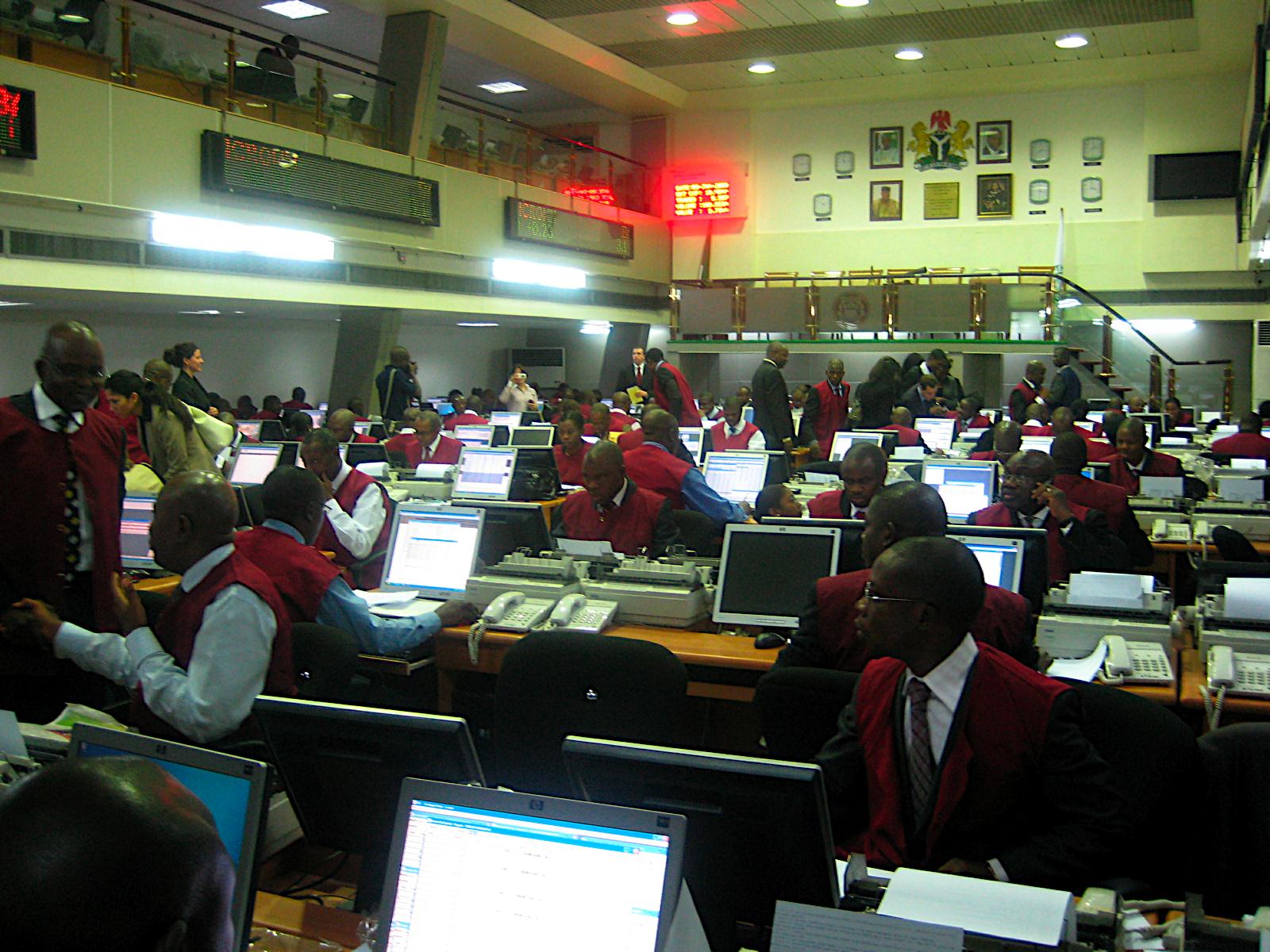Despite President Muhammadu Buhari’s N6.08 trillion 2016 budget presented last Tuesday, Nigeria’s financial markets have been hard hit by the effect of dwindling crude oil prices and has translated into having depleted forex reserves of $29.342 billion, the lowest in eight months.
It will be noted that the stock market closed with market captalization of N9.124 trillion on Wednesday, down from N11.478 trillion in fourth quarter last year.
In the money market, the inability of the Central Bank of Nigeria (CBN) to meet traders demand for forex heightened pressure on the dollar, forcing the Naira to crash at N280 per dollar in the parallel market a fortnight ago.
In April this year, news of Muhammadu Buhari emerging winner of the 2015 Presidential Elections on March 31, 2015,had triggered off exponential increase in the Nigerian Stock Exchange All Share Index which recorded about 10 consecutive days of gain. The 8.4 per cent lift recorded in the first trading day was the biggest gain recorded by any Exchange all over the world so far this year.
Yet, as at August, Nigerian Stocks lost a total of N2.46 trillion in value since President Buhari was announced winner. From a market capitalisation of N12.13 trillion on the second of April 2015, it closed at N9.67 trillion on Wednesday August 26, 2015.
Since then, the stock market has recorded months of volatility as local and international investors have remained in the dark due to the absence of government economic policies.
The Chief Executive Officer of The Nigerian Exchange (NSE), Oscar Onyeama had attributed the poor start of the market in 2015 to worsened strong political concerns, increased uncertainties about the future of the country in the build-up to the general elections. These, together with the economic uncertainties, caused more foreign investors, who dominate the market, to dump their shares. Institutional domestic investors such as the Pension Fund Administrators, spooked by the uncertainties, reduced investment in the stock market in favour of fixed income instruments such as bonds, while the retail investors were unable to mop up the stocks in the market even though the prices were at lows.
Consequently, the NSE All Share Index, which stood at 34,657.15 points in the last quarter of 2014, fell to 26,871.24 on Wednesday, representing a drop of 22.5 per cent.
A stockbroker, Mike Ezeh, MD/CEO, Crane Securities Ltd, said there was the need for the regulators in the capital market to relax pressure on the demand for enforcement of the minimum operating standards, the compliance of which has put additional financial burden on the operators who had scaled through the last recapitalization exercise. He also wants the list of the market operators who did not meet the minimum requirement published to eliminate fake practitioners and ensure transparency and integrity in the market.
In the money market, the failure of the Central Bank of Nigeria (CBN) to meet the demand of businesses triggered off the free fall of the Naira to 280/dollar before rising to 270/dollar last week.
The decision of the CBN to cut the amount it sold to each of the 2,270 Bureaux de Change (BDC) operators that participated in the previous day’s sale to $10,000, down from the $30,000, aggravated the fall.
The Director, Monetary Policy Department, CBN, Mr. Moses Tule, blamed the free fall of the Naira on speculators whom he accused of taking positions on the currency with a view to making excess gain from currency trading.
According to Tule, currency speculators were determined to put severe pressure on the monetary authorities in order to ensure that the CBN further devalued the naira.
The financial market was further jolted in September when American Bank, JP Morgan said it would eject Nigeria from its Government Bond Index (GBI-EM) by the year end, unless the country restored liquidity to currency markets in a way that allowed foreign investors tracking the benchmark to transact with minimal hurdles. Reaction was swift as all Nigerian stocks listed in the MSCI frontier market index fell by more than 3 percent, while bond yields spiked across maturities.
However, the CBN in response, said the phasing out of FGN Bonds from the Index did not amount to a downgrade of Nigeria or FGN Bonds since J P Morgan was not a credit rating agency. It said the decision would not have any impact on the quality of the FGN Bonds and re-affirmed that the FGN Bonds remained risk-free securities that were backed by the full faith and credit of the Federal Government of Nigeria and are charged upon the general assets of Nigeria.
On the foreign reserves, the continued defending of the Naira by the CBN has led to the loss of more than $5 billion this year. The reserves which stood at $34.493 billion in January 5, this year fell to $29.342 billion on Wednesday, representing a drop of 15 per cent.
The dwindling crude oil price which last week fell to $31.49 per dollar has forced the Federal Government to opt for local and international borrowing of $1.8 trillion to fund the budget deficit of N2.22 trillion, equivalent to 2.16 per cent of Nigeria’s Gross Domestic Product (GDP).
A financial analyst, CEO, Proshare Nigeria Limited, Femi Awoyemi said the financial markets have been subjected to prolonged socio-political and economic challenges during the year while awaiting direction of government policies. He said with the formation of the cabinet and announcement of the budget, 2016 promised to be a better year, but added that it was only those who would adapt to the unfolding changes would benefit from such adjustments.



Leave a Reply